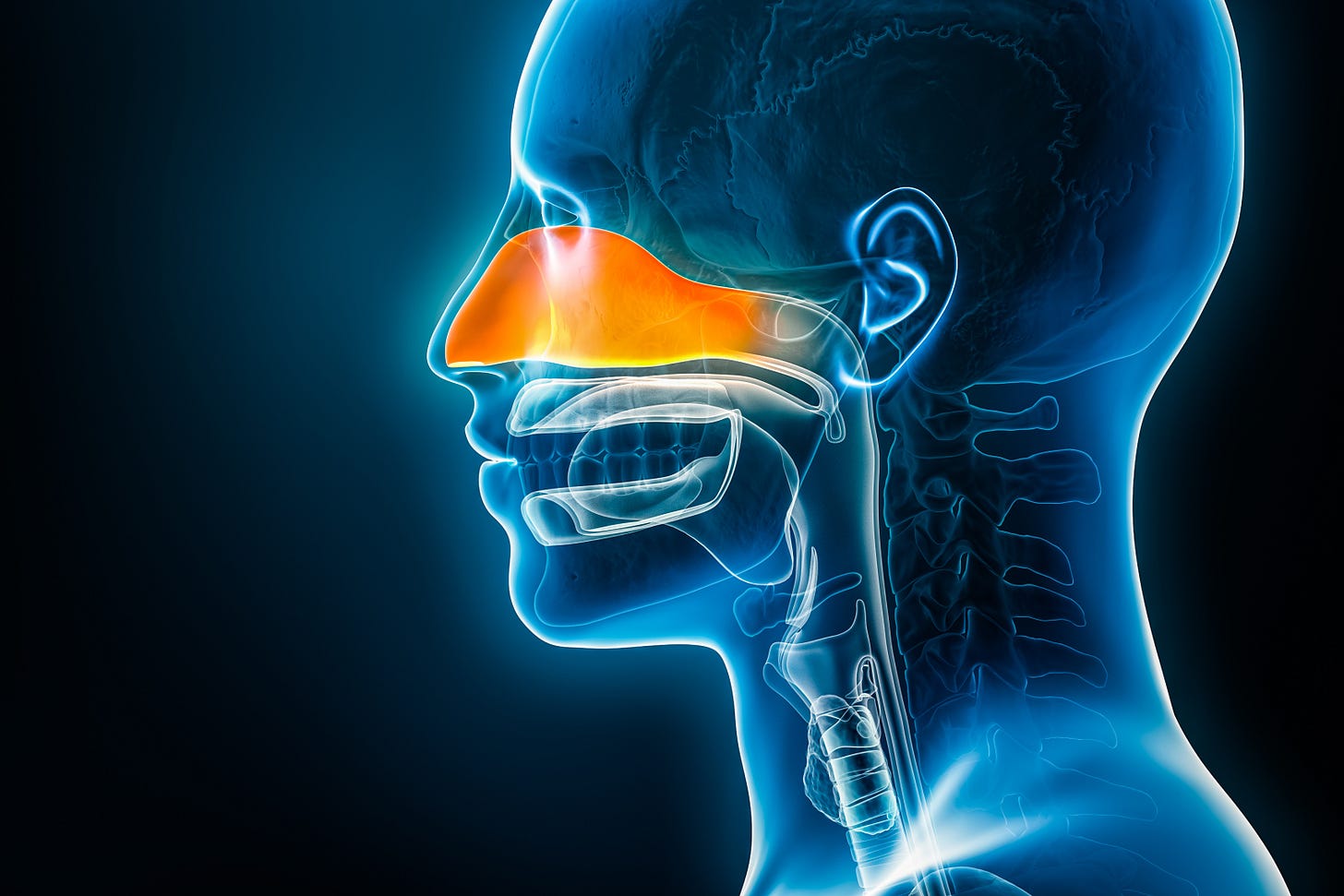The Science of Nasal Breathing: Unveiling Its Surprising Health Benefits
Introduction
Breathing is an essential and often overlooked aspect of our daily lives. We rarely pay attention to how we breathe, taking it for granted that our bodies know best. However, there's a growing body of scientific evidence to suggest that the way we breathe can have a profound impact on our health and well-being. One practice that has gained a…



